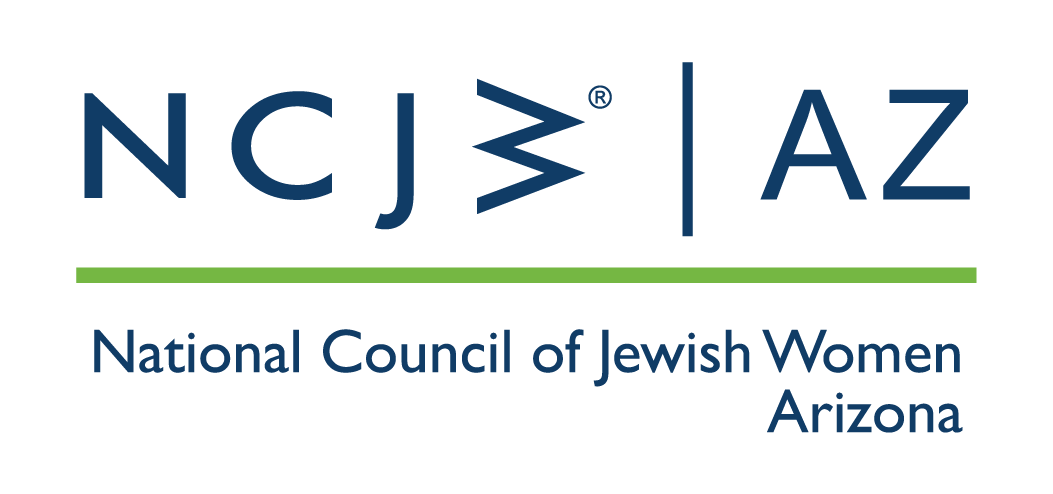What is Ruth Place?
Ruth Place is a model community recovery center that addresses chronic and complex trauma rooted in repeated sexual assault, childhood sexual abuse, incest, and sexual trafficking.
What makes Ruth Place Unique?
Ruth Place’s unique approach emphasizes wellness instead of the pathology of trauma symptoms. Our structured program is designed to help survivors recognize that trauma is an injury, not an illness, and symptoms such as anxiety and depression are the body’s natural and predictable responses to trauma. In other words, they are “normal persons having normal responses to abnormal events.”
Our holistic, community-based program is designed to enable survivors to discover their inner strength and use it to regulate their physical and emotional responses to stressful situations.
Our services are responsive to gender identities and sexual preferences, sensitive to race and ethnicity, and attuned to cultural beliefs. Ruth Place employs practices that strive to create peace, restore balance and increase resiliency.
Population Served
Ruth Place offers trauma recovery services to psychiatrically stabilized participants who are 18 years of age and older and have complex trauma rooted in childhood sexual abuse, incest, sex trafficking, or repeated sexual assault.
Candidates include survivors from underserved and unserved communities and those who have not found success in other recovery programs.
Services
- Individualized Orientation and Personal Journey Planning
- Brain-Body Education Groups
- Self-Regulation Groups
- Post-Traumatic Growth Groups
- Holistic Wellness
- Peer-Based Support
Contact Ruth Place
If you are interested in Ruth Place Services, please click on the link below.
Ruth Place Target Outcomes
The goal of Ruth Place programs is to help survivors
- understand how complex trauma affects their lives
- accept the reality of a traumatic event
- establish balanced and realistic beliefs about the event, oneself, others, and the world
- decrease guilt, shame, and other emotions that arise from dysfunctional beliefs about the event
- reduce anxiety, depression, substance misuse, and other trauma-spectrum symptoms
- develop self-determination and self-reliance skills
- enhance self-esteem, independence, and self‑empowerment
- improve interpersonal skills and day-to-day functioning
- improve family and community functioning
Ruth Place Community Partners
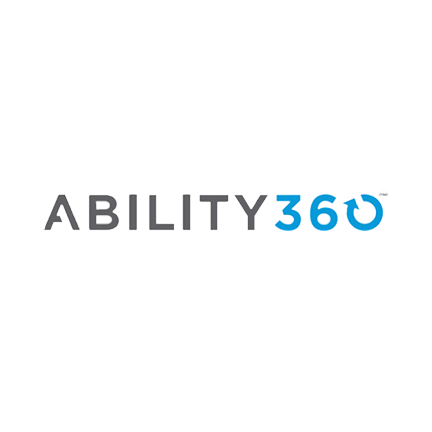
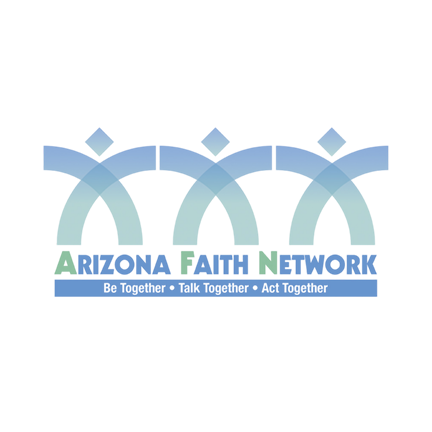
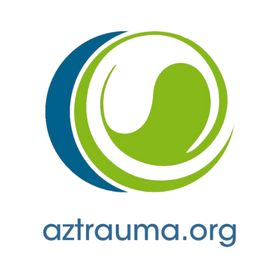

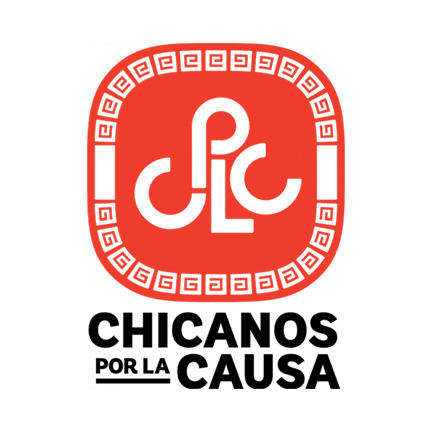

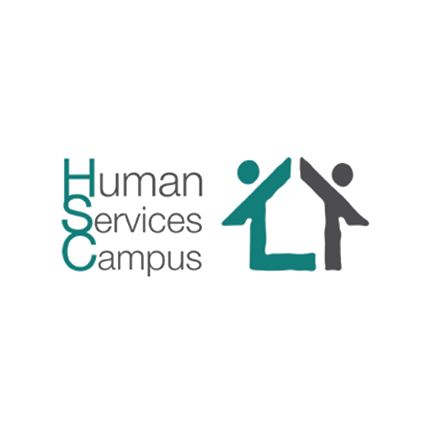
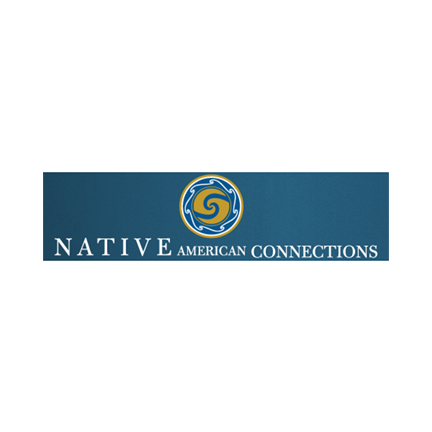
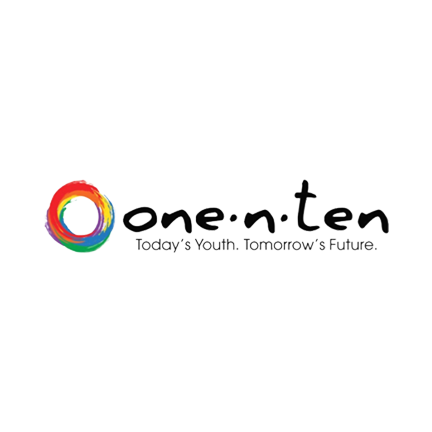


We are grateful for the support of our community partners:
